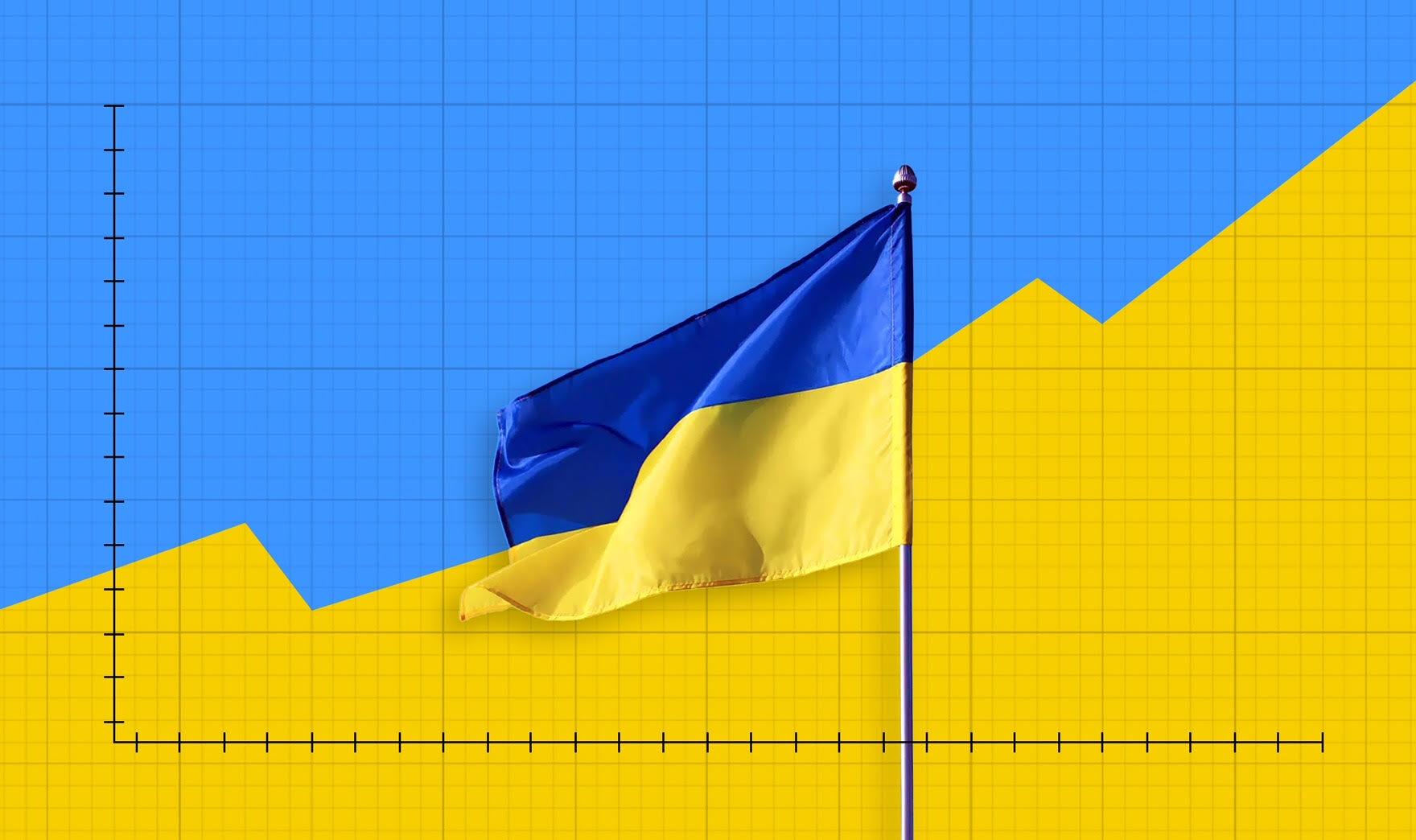
When Russia invaded Ukraine in February 2022, there was widespread condemnation of Russia’s aggression—especially from Western governments. More broadly, however, the conflict paints a clear picture of what stakeholders, including policymakers, investors, and businesses, expect from corporations as it relates to political, environmental, and social issues. Chiefly, a corporation’s failure to react adequately to these types of issues has direct reputational impacts that could affect its business—and this is borne out by Penta’s data.
Before diving into the data on the reputational impacts of different corporate responses to the invasion, it’s helpful to first understand what stakeholders expected of businesses as the crisis broke out. 98% of EU policymakers we surveyed as part of our policymaker research said that they would like to see private sector involvement in response to the Ukraine crisis.
In the months following the invasion, we’ve seen companies respond to these stakeholder demands not only through humanitarian outreach but also through decisions concretely tied to their business. Business actions have included pulling investments from Russia, guaranteeing continued salaries for regional employees, and donating company products to Ukrainians. This diversity of efforts is reflective of the fact that corporations are more accountable than ever to a wide range of stakeholders that includes consumers, policymakers, investors, and more.
When considering concrete business actions taken in the first few months of the war, 58% of that same group of EU policymakers thought that the private sector response was “effective.” Policymakers across the European Council, European Commission, and European Parliament ranked supporting economic sanctions and sharing information on sanction impact as the most effective actions that private sector companies could take to address the crisis.
While 58% is generally a high figure when considering policymaker attitudes toward the business community, this number highlights a white space where strong stakeholder management can play a key role. More effective communication toward the 15% of EU policymakers that were undecided on their opinion toward corporations could elicit support from key decision-makers when it is most needed.
These insights are crucial for companies as they look to optimize their initial approach to these challenging issues. However, high-quality data is also important to continue to evaluate the effectiveness of a company’s response as, and after, it takes action. In our study of seven fast-moving consumer goods (FMCG) companies’ reputational impacts of the Ukraine conflict, we gathered data from over 150 countries—over 25 million pieces of content every day—and used our proprietary categorization and scoring tools to contextualize the data. Our sentiment analysis found that companies that removed Russian operations early on maintained positive reputations. Indeed, sentiment increased by as much as 10 points directly following actions like closing operations in Russia or providing humanitarian assistance to displaced Ukrainians.
At the same time, failure to take action before consumers demanded it resulted in substantial reputational damage. One major food-sector company we studied saw a 66-point decline in sentiment affecting its reputation between March and April 2022 as calls to cease its Russian operations intensified. In addition, the volume of discussion for negative issues such as continued Russian operations and consumer boycotts was roughly 10 times that of positive issues like employee safety and community support.
In today’s hyper-connected and fluid business environment, stakeholder demands are often more competitive and publicized than ever. Strong stakeholder relationships are the foundation of organizational success and reputation in this landscape. Executives’ failure to understand and weigh these demands undermines these critical relationships and threatens organizational viability. Business leaders can no longer rely on instinct alone to navigate the fog of uncertainty that these dynamics present. Now more than ever, they need actionable and meaningful intelligence to inform intuition.